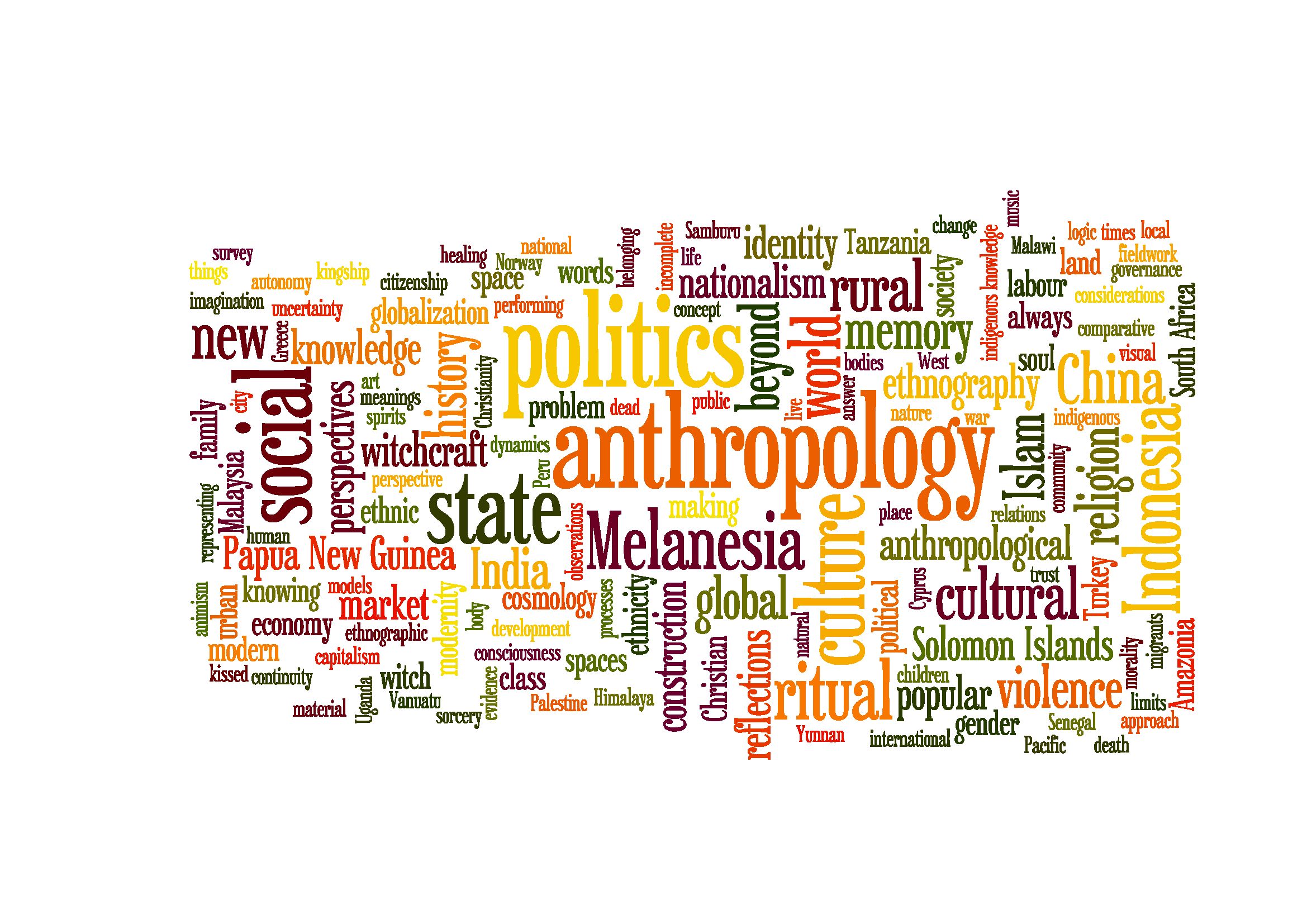The traditional scope of social anthropology has to be traced from Radcliffe-Brown and Malinowski as these are the “two men who have shaped social anthropology into what it is in England today”.
However, British anthropologists are inclined to distinguish social anthropology from ethnology. In India, not much difference is made between scope and subject matter. Customarily, in traditional textbooks in India, a chapter is devoted to scope and subject matter.
There is also confusion in scope and subject matter. In practice, what we include under the theme of scope is also taken as a subject matter. This is bewildering. If we seriously look into these two aspects, it could be said that scope focuses on the aim and objective of a particular discipline under discussion. It is the point aimed at.
ADVERTISEMENTS:
The subject matter, on the other hand, constitutes the theme and topics included in the discipline. The difference, it appears, is of emphasis. When we talk about scope we are concerned with the objectives of the study and when we deal with subject matter it is that which constitutes or forms the contents of discipline.
Evans-Pritchard has tried to resolve this confusion. In his lectures delivered in 1945 he prefers to use scope and does not give any place to subject matter. In the book containing his lectures, despite giving an elaborate subject index, he provides no place for subject matter.
A cursory look at the literature on social anthropology makes it obvious that social anthropology studies the primitive peoples.
ADVERTISEMENTS:
However, the traditional social anthropologists have, theoretically as well as principally, argued that social anthropology goes beyond the study of primitives and studies the contemporary society also. This point of view is made very clear by Evans-Pritchard. He writes:
While social anthropologists consider that their subject embraces all human cultures and societies, including our own, they have for the most part given their attention to those of primitive peoples.
In the beginning and till the first quarter of the 20th century, the subject matter of social anthropology consisted of the study of primitive societies. This has been emphasized by D.N. Majumdar and T.N. Madan also in their book An Introduction to Social Anthropology.
They follow the argument given by Evans-Pritchard and say that in matter of principle; primitive peoples are the subject matter of social anthropology along with the study of contemporary society. In practice, social anthropology for a longer period of history has remained restricted to primitive and tribal peoples only.

